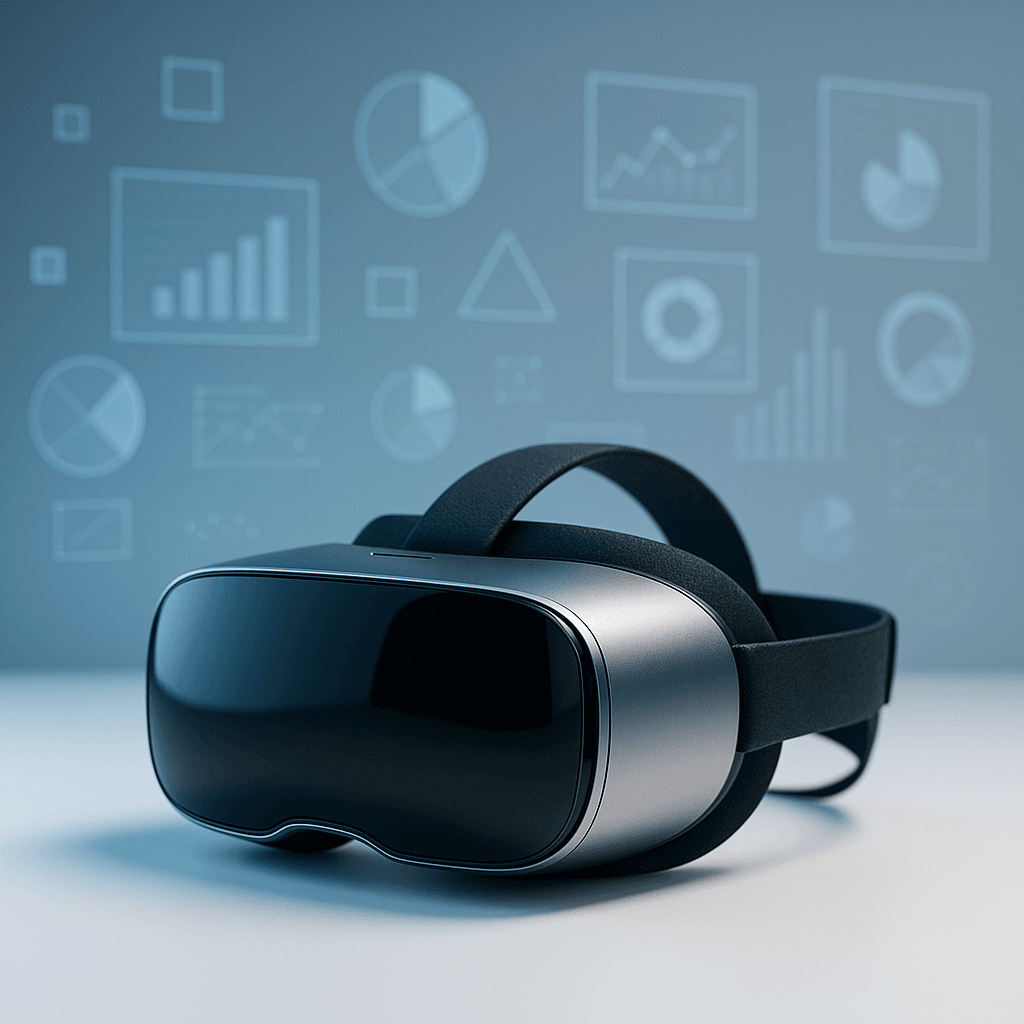Samsung just dropped the invitation that could reshape extended reality. The tech giant is unveiling Project Moohan, its first XR headset built on Google's new Android XR platform, at an October 21 event titled 'Worlds Wide Open'. This marks Samsung's bold entry into a market currently dominated by Meta and Apple, promising to bring AI-native experiences to mainstream consumers.
Samsung is making its biggest play yet for the extended reality market. The company's formal invitation for its October 21 Galaxy Event reveals Project Moohan, a groundbreaking XR headset that could fundamentally change how we think about mixed reality devices.
The timing isn't coincidental. While Meta struggles with declining Quest sales and Apple faces lukewarm Vision Pro adoption, Samsung is positioning itself as the Android alternative the market has been waiting for. According to the official announcement, Project Moohan represents 'the groundbreaking first product built for the open and scalable Android XR platform.'
What makes this launch particularly significant is the powerhouse trio behind it. Samsung is co-developing Android XR with Google and Qualcomm, creating what they describe as a platform 'optimized with AI embedded right from the start.' This isn't just another VR headset - Samsung is promising 'AI-native devices' that blur the line between utility and immersion.
The Android XR platform itself represents Google's most serious attempt to challenge Meta's dominance in XR operating systems. Unlike Meta's closed ecosystem approach, Android XR is designed to 'scale across form factors,' potentially opening the door for multiple hardware partners beyond just Samsung. Industry analysts have been speculating about Google's XR ambitions since the company quietly disbanded its Daydream VR project in 2019.
Samsung's entry comes at a critical moment for the XR industry. IDC data shows global XR headset shipments declining 8.3% year-over-year in Q2 2024, with consumers struggling to find compelling use cases beyond gaming and entertainment. Samsung's promise of 'seamless blending of everyday utility with immersive new experiences' suggests they're targeting the productivity market that Apple tried to capture with Vision Pro.












